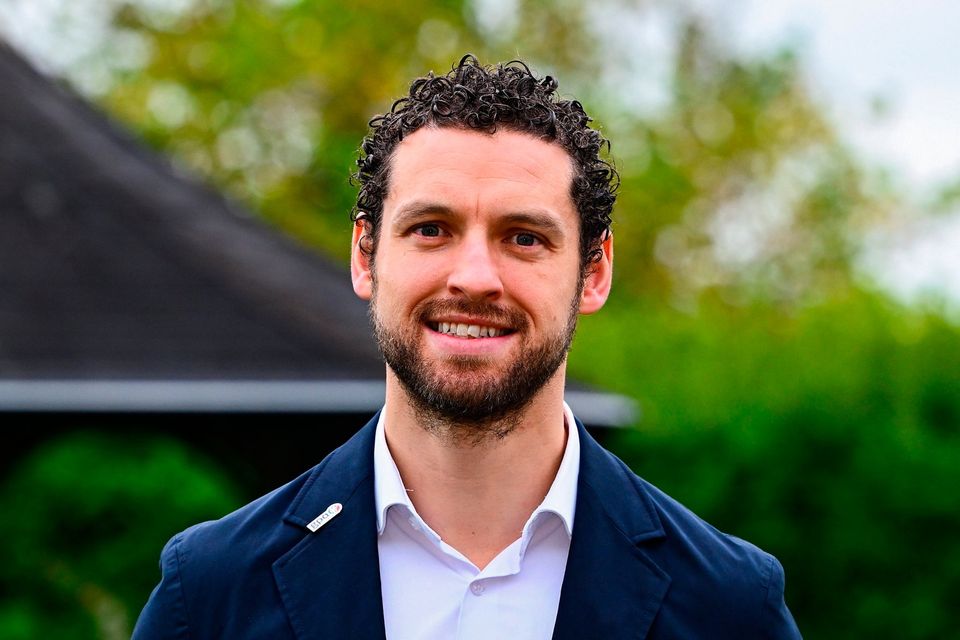Sports
Majority of Male Inter-County Players Support Manager Payments

A recent survey conducted by the Gaelic Players Association (GPA) reveals that a significant majority of male inter-county players support the payment of their managers. The survey, which gathered responses from 3,676 players, found that nearly two-thirds of male respondents are satisfied with the current amateur status of the GAA (Gaelic Athletic Association).
The survey results indicate that approximately 75% of male players are in favor of compensating their managers beyond the standard expenses currently covered. This shows a clear inclination towards recognizing the managerial role in inter-county teams, which has traditionally been unpaid.
Survey Insights and Player Perspectives
The findings are part of the GPA’s annual membership survey, which included 2,320 responses from male players and 1,356 from female players. The overwhelming support for manager payments suggests a shift in attitude among players regarding the professionalization of roles within the sport.
While many players appreciate the amateur ethos of the GAA, the call for paid management positions highlights the increasing demands and expectations placed on coaches. The results may reflect a recognition of the time, effort, and expertise that managers contribute to training and team strategy.
Implications for the Future of Gaelic Games
As discussions around the amateur status of the GAA continue, these survey results may influence future policy decisions within the organization. The balance between maintaining amateur principles and adapting to the evolving landscape of competitive Gaelic games remains a critical issue.
The GPA has emphasized the importance of understanding player perspectives and the need for ongoing dialogue around such topics. The association advocates for a structure that supports both players and managers, ensuring that all contributions to the sport are valued appropriately, particularly as the demands on teams increase.
Overall, the results of this survey may serve as a catalyst for broader discussions about the future of Gaelic games, particularly in how roles are defined and compensated within the sport. With players clearly expressing their views, the GAA faces an important decision-making moment as it navigates the complexities of modern sports management.
-

 Top Stories2 months ago
Top Stories2 months agoTributes Surge for 9-Year-Old Leon Briody After Cancer Battle
-

 Entertainment3 months ago
Entertainment3 months agoAimee Osbourne Joins Family for Emotional Tribute to Ozzy
-

 Politics3 months ago
Politics3 months agoDanny Healy-Rae Considers Complaint After Altercation with Garda
-

 Top Stories2 months ago
Top Stories2 months agoIreland Enjoys Summer Heat as Hurricane Erin Approaches Atlantic
-

 World3 months ago
World3 months agoHawaii Commemorates 80 Years Since Hiroshima Bombing with Ceremony
-

 Top Stories3 months ago
Top Stories3 months agoFianna Fáil TDs Urgently Consider Maire Geoghegan-Quinn for Presidency
-

 Top Stories1 month ago
Top Stories1 month agoNewcastle West Woman Patricia Foley Found Safe After Urgent Search
-

 World3 months ago
World3 months agoGaza Aid Distribution Tragedy: 20 Killed Amid Ongoing Violence
-

 World3 months ago
World3 months agoCouple Convicted of Murdering Two-Year-Old Grandson in Wales
-

 Top Stories3 months ago
Top Stories3 months agoClimbing Errigal: A Must-Do Summer Adventure in Donegal
-

 Top Stories3 months ago
Top Stories3 months agoHike Donegal’s Errigal Mountain NOW for Unforgettable Summer Views
-

 World3 months ago
World3 months agoAristocrat Constance Marten and Partner Convicted of Infant Murder









